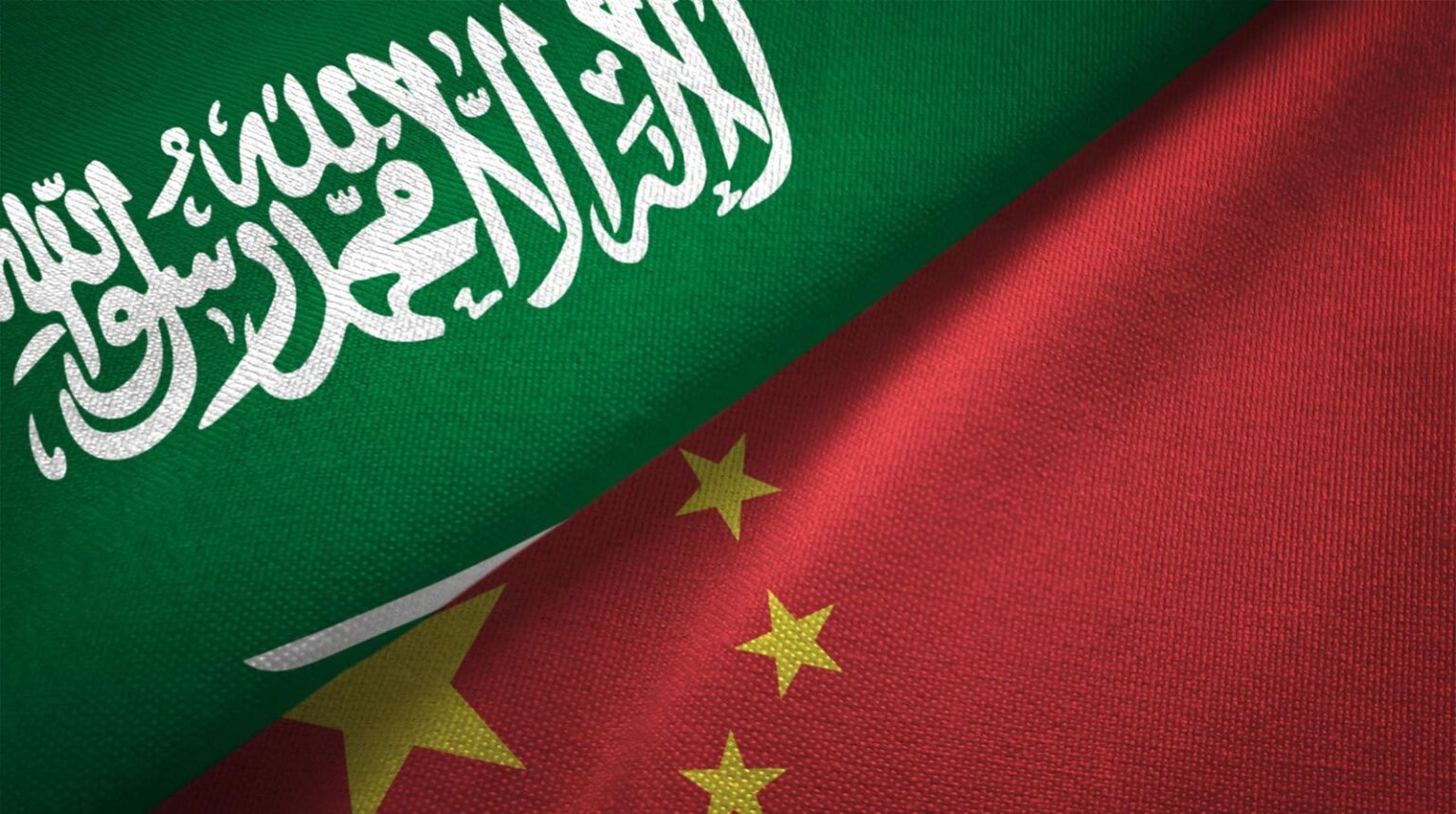China and various Middle Eastern Countries, especially Saudi Arabia, are increasingly close and … [+]
gettyShortly after President Donald J. Trump signed an avalanche of executive orders on energy while hinting at future tariffs, China promised to fill the void left by the U.S. China has been proactive on this front, aiming to counter Trump’s vision of energy dominance by utilizing international connections. Beijing is exploiting energy importers’ fears regarding Trump’s potential for erratic behavior while highlighting the risks associated with declining market shares for energy suppliers. This strategy has been launched in the Middle East, and if the U.S. does not take notice, China stands to gain significantly.
China has been making gains in the Middle East for several years. As President Biden’s 2022 trip to Saudi Arabia failed to persuade Riyadh to increase oil production after Russia invaded Ukraine, Beijing managed a diplomatic breakthrough, brokering diplomatic normalization between Saudi Arabia and Iran in 2023. For years, China has been the largest consumer of Saudi and Iranian oil, and when the Houthis began blasting ships in the Red Sea, Chinese (and Russian) vessels were exempted. Examples abound—China’s status in the region is on the rise.
America’s Response
Washington must recognize Beijing as a competing power in the Middle East. While this sounds obvious, Washington’s recognition that China seeks to displace the U.S. beyond the Indo-Pacific is limited. Beijing aims to use countries isolated from the U.S. by longstanding historical animosity, such as Iran, with which it signed a massive, twenty-five-year investment agreement. China’s extensive defense cooperation with Iran and the increasingly strong tripartite cooperation between Russia, Iran, and China should be a red flag for the Trump Administration’s Middle East and the Caucasus policy.
China’s unexpected brokering of normalization between Tehran and Riyadh caught the U.S. by surprise. … [+]
Anadolu Agency via Getty ImagesSome of the greatest economic challenges to Trump’s energy policies emanate from the Middle East. Geography, geology, and labor costs mean it will always be cheaper for higher-quality Saudi crude to hit the market than barrels from Texas, Alaska, or South Dakota. This reality means America cannot afford to ignore Chinese machinations in the region. The U.S. must play it smart, productively engaging with the region’s geopolitics, being diplomatically flexible, and identifying willing energy partners.
A key step would be to encourage America’s strategic partners to buy Middle East energy supplies that were once earmarked for the U.S. but are no longer needed. Energy-hungry India, a vital democratic bulwark against China, could fulfill that role. Thankfully, the India-Israel-USA-UAE (I2U2) framework provides a means of involving an amenable actor in the region’s geoeconomics. India purchasing more Arabian oil could not only supplant Chinese demand but also allow the US to expand its energy exports to European markets, which Indian purchases may squeeze.
The U.S. must leverage other relationships within the Middle East to secure stable energy supply chains. For example, Israel and Azerbaijan have a strategic partnership that influences regional dynamics. Azerbaijan, a majority Shia Muslim but staunchly secular country bordering Iran, has long clashed with the ayatollahs’ theocracy in Tehran. This shared extremist and imperialist enemy made Azerbaijan and Israel strategic partners, with Azerbaijan invaluable for Israel’s energy portfolio and Israeli military equipment vital for Azerbaijan’s security. Ensuring continued American support for both Azerbaijan and Israel is in America’s interests.
China has recognized this. Today, Azerbaijan is being tempted by Chinese incentives, namely long-term high-price oil contracts and easy access to China’s vast market. Unfortunately, Western mistakes are pushing Baku in the wrong direction. Azerbaijan, frustrated by delays in exporting energy to the West, is now considering looking to the East. No surprises there.
Israeli-Azeri cooperation is one of the most important dynamics of Middle Eastern politics. Israeli … [+]
gettyDespite Azerbaijan’s status as a vital energy supplier to multiple European states, which increased after the war in Ukraine at Western insistence, as the EU applied an energy embargo on the Kremlin, European governments were slow in building up the necessary infrastructure to expand Azerbaijani energy exports. They were also eager to make Baku foot the bill. One reason for this is that the Europeans are still looking to transition away from fossil fuels, an admirable aspiration but one that makes committing to funding additional discovery projects and supply infrastructure in the Caspian controversial despite geopolitical dangers.
Instead of disregarding or pushing away a crucial energy-producing Muslim-majority state toward China, potentially fostering tacit cooperation with Russia and Iran, the Trump administration could counter Beijing’s maneuvers through diplomatic and material incentives, along with practical realpolitik. Supporting Azerbaijan’s claims against Russia’s downing of Azerbaijan Airlines flight 8243 would be invaluable. Recognizing Baku’s efforts in the region by involving it in the Abraham Accords, the first Trump administration’s greatest foreign policy success, could go a long way. Washington should also support the Azerbaijani-Armenian bilateral commission, which is engaged in border demarcation in the disputed areas so that the 2020 war ends up being the last one in the history of the Caucasus. As a bonus, Israeli technical expertise can be drawn upon to further U.S.-Azerbaijani-Israeli cooperation in security, high tech, and healthcare.
These geopolitical and geo-economic initiatives would help advance the new administration’s America First policy; more importantly, they would secure Western energy supplies and promote the U.S. energy agenda. If the Trump administration is serious about achieving energy dominance, it needs a comprehensive view of international energy security policy. Only through geopolitical engagement with American partners in key regions such as the Middle East, the Caucasus, and the Caspian, specifically Israel and Azerbaijan, can President Trump realize his energy ambitions.
Read the full article here


